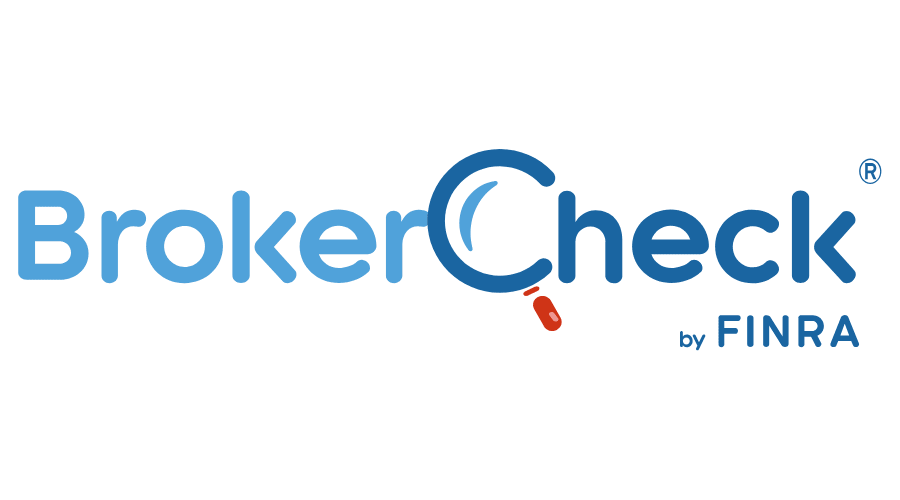5 Common Payroll Mistakes That Employers Should Avoid
5 Common Payroll Mistakes an Employer Should Avoid
As an employer, you are responsible for ensuring that your employees are paid correctly and on time. Not only can payroll mistakes be costly in terms of time and money, but they can also damage your company’s reputation.
What are the Common Payroll Mistakes You Should Avoid?
Unfortunately, payroll mistakes are all too common. Here are five common payroll mistakes that you should avoid:
1. Not Classifying Employees
One of the employers' most common mistakes is not correctly classifying employees.
It is important to correctly classify workers as contractors or employees because it affects how much taxes the company has to pay. The company may have to pay penalties and interest for unpaid taxes if a worker is misclassified.
Employee:
An employee is an individual who works for a company in return for salary or wages. Their job duties are usually defined by the company they work for, and they typically work regular hours. Employees may be eligible for benefits like health insurance and paid vacation days.
- Fills out Form W-4 (new hire paperwork)
- Receives Form W-2 (year-end)
- Subject to FLSA requirements (e.g., overtime and minimum wage)
- Pay them an agreed-upon salary for their services
- Works for the employer
- Subject to withheld employment taxes from their paychecks
Contractor: A contractor is an individual or company that provides services to another company under a contract. Contractors are usually paid by the job or by the hour and are not typically eligible for benefits like health insurance or paid vacation days.
- Fills out Form W-9
- Receives Form 1099-NEC (year-end)
- Not subject to FLSA requirements
- Controls when and where they work (and uses their equipment and supplies)
- Not subject to withhold employment taxes
2. Not Knowing Exempt vs. Nonexempt Employees
One of the most common payroll mistakes is not knowing the difference between exempt and nonexempt employees.
Exempt employees are not entitled to overtime pay, while nonexempt employees are. Exempt employees are also not protected by the Fair Labor Standards Act (FLSA), while nonexempt employees are.
For an employee to be nonexempt, they should have the following criteria:
- Receives hourly wages
- Does professional, administrative, or executive work
- Earns less than the amount of money that is exempt from taxes, which is $35,568 annually, or $684 per week
Before classifying an employee, look at their wages and duties to ensure you are doing so correctly. This will save you money in penalties and fines.
3. Not Using the Correct Tax Rates
Another common payroll mistake is using incorrect tax rates. This can happen if you don't keep up with the latest tax laws or if you misclassify an employee.
Using the wrong tax rate could deduct too much or too little from an employee's paycheck. This can cause problems for both the employee and the employer.
To avoid this mistake, ensure you use the most current tax rates and correctly classify your employees.
Some of these rates include:
- Local income tax
- Federal unemployment tax (FUTA)
- Federal income tax
- FICA tax
- State unemployment tax (SUTA)
- State income tax
4. Not Withholding Taxes
If you are not withholding taxes from your employees' paychecks, you could be in for a nasty surprise come tax time. Not only will you owe taxes, but you may also be subject to penalties and interest charges.
To avoid this mistake, ensure you withhold the correct amount of taxes from each paycheck. You can use payroll software to help calculate the right amount.
5. Not Keeping Accurate Records
If you are not keeping accurate records of your payroll, it can be difficult to correct mistakes that have been made. This can lead to problems down the road if you need to file a tax return or audit.
To avoid this mistake, ensure you keep accurate records of all aspects of your payroll. This includes employee information, pay rates, hours worked, and taxes withheld.
Conclusion
Employers need to be more aware of the common payroll mistakes to avoid them in the future. Payroll mistakes can be costly and time-consuming to fix, so it is best to avoid them altogether. By being aware of the most common payroll mistakes and taking steps to prevent them, employers can save themselves a lot of hassle down the road.
Acuff Financial Services provides
accounting and payroll services
to help your business save time and money. We can
help you avoid common payroll mistakes and will work with you to ensure that your payroll is accurate and compliant with all applicable laws. Let us help ensure that your payroll processes are handled effectively and correctly. Contact us today to know more about how we can help!











